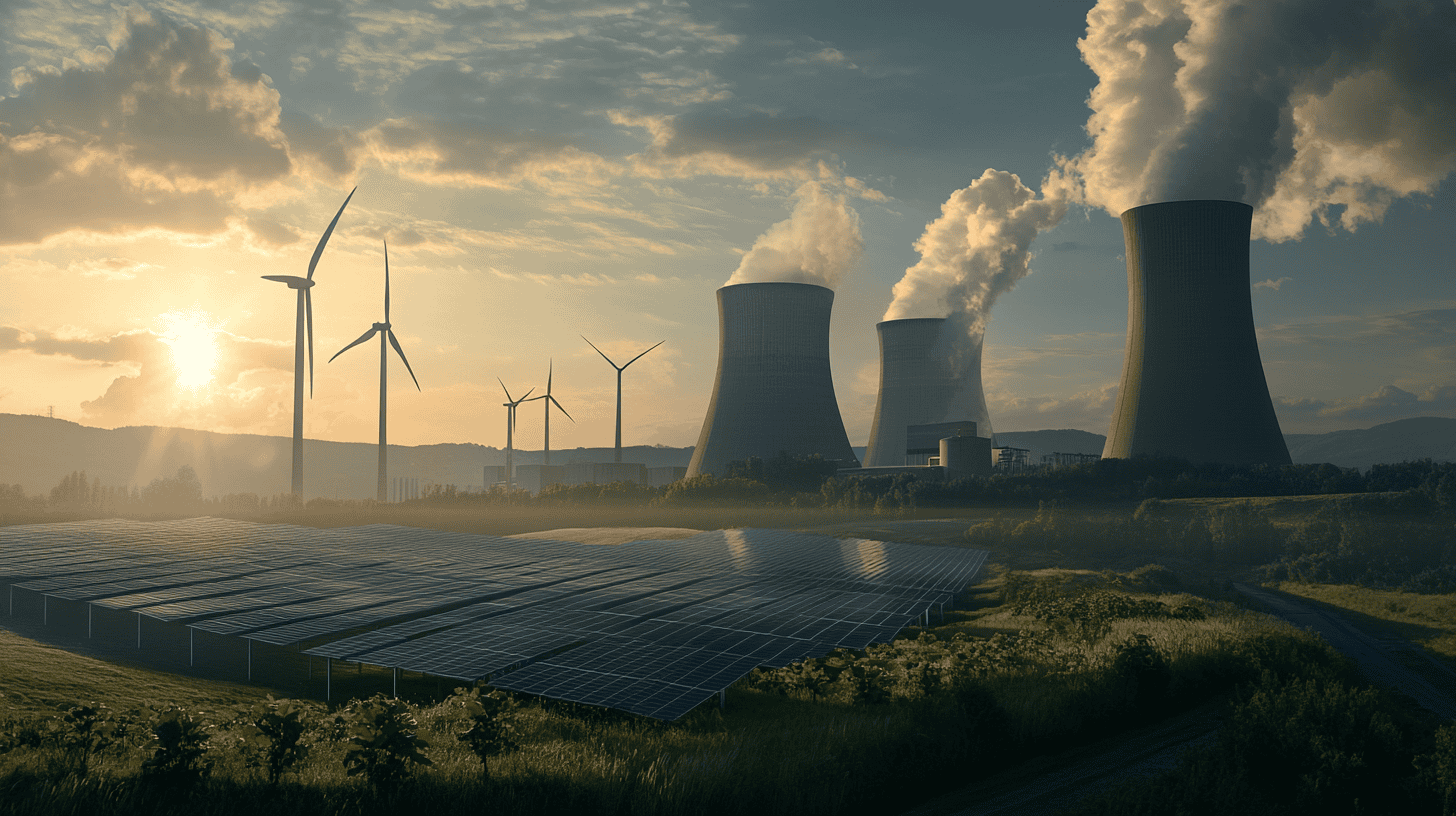
Siemens Gamesa announces the delivery of green energy from the world’s first turbine equipped with Siemens Gamesa’s RecyclableBlades. The first commercial installation of recyclable wind turbine technology recently took place at RWE’s Kaskasi offshore wind power project in Germany. It marks a turning point in the long-term sustainability of offshore wind power, writes the company in a press release.
Marc Becker, CEO of the Siemens Gamesa Offshore Business Unit says, “We are proving that as the leaders of the offshore revolution, we are committed to making disruptive technology innovation commercially viable with the pace that the climate emergency demands. We’ve brought the Siemens Gamesa RecyclableBlade technology to market in only 10 months: from launch in September 2021 to installation at RWE’s Kaskasi project in July 2022. This is impressive and underlines the pace at which we all need to move to provide enough generating capacity to combat the global climate emergency. This milestone marks a significant contribution to Siemens Gamesa’s target of having fully recyclable turbines by 2040. With RecyclableBlade available for our customers, we can create a virtuous circular economy.”
Combination of materials
Wind turbine blades are made up of a combination of materials embedded in resin to form a strong, stiff structure. Utilizing Siemens Gamesa’s market-leading RecyclableBlade technology enables full reclaim of the blade’s components at the end of the product’s lifespan. Separating the resin, fiberglass, and wood, among others, is achieved through using a mild acid solution. The materials can then go into the circular economy, creating new products like suitcases or flat-screen casings without the need to call on more raw resources.
Sven Utermöhlen, CEO Wind Offshore, RWE Renewables: “That we are testing in our offshore wind farm Kaskasi the world’s first recyclable wind turbine blades under operational conditions is a significant step in advancing the sustainability of wind turbines to the next level. The first turbine equipped with Siemens Gamesa’s RecyclableBlades is generating electricity. The expansion of renewable energies must be driven forward decisively. Faster offshore expansion is particularly important to simultaneously achieve climate targets and to create more energy sovereignty. We at RWE want to help make this happen and the commissioning of the first turbine of our Kaskasi offshore wind farm is a clear sign of this intent.”

Energy for 400.000 households
A number of turbines at RWE’s Kaskasi offshore wind farm will be equipped with handcrafted Siemens Gamesa B81 RecyclableBlades, each with a length of 81 meters. The project is located 35 km north of the island of Heligoland in the German North Sea. It will be comprised of 38 SG 8.0-167 DD wind turbines, generating 342 MW of clean, renewable energy for up to 400,000 German households. This is comparable to a city like Frankfurt am Main.
“The first power being generated from the first turbine using RecyclableBlades also underscores the great value creation provided by Siemens Gamesa in several countries. The RecyclableBlade technology was developed in Aalborg, Denmark, the blades were manufactured in Hull, UK, and the nacelles were produced in and installed from Cuxhaven, Germany. RecyclableBlade technology will help reduce raw material extraction by creating the potential for secondary markets for the reclaimed material, with the job creation that this could provide as an additional benefit in local markets,” Becker continues.
The RecyclableBlade technology is also available for the 108-meter long B108 blades used on the SG 14-222 DD offshore wind turbine and the massive 115-meter long B115 blades SG 14-222 DD turbines.
Selected for you!
Innovation Origins is the European platform for innovation news. In addition to the many reports from our own editors in 15 European countries, we select the most important press releases from reliable sources. This way you can stay up to date on what is happening in the world of innovation. Are you or do you know an organization that should not be missing from our list of selected sources? Then report to our editorial team.






